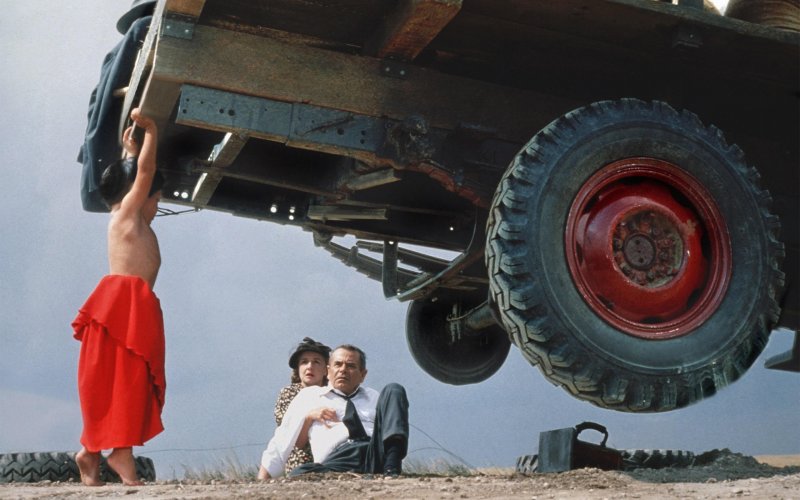What Superman, Daenerys, Hillary, and Trump Learned from Their Parents

In honor of Mother’s Day, the authors of the new book Geek Parenting show how family values ring true for fantasy heroes and real-world leaders alike.
Captain America: a poor kid from Brooklyn whose parents raised him to stand up for what’s fair and just. Dorothy Gale: a Kansas farm girl whose hard-working family taught her that everyone, even Munchkins, cherish the place they call home. King Joffrey Baratheon: a sadistic bully who’s empowered to ruin people’s lives by his parents’ cruel belief that the powerful can do whatever they like.
Whether we call them heroes or villains, the most interesting characters in our favorite pop culture epics tend to wear their strong parental influences on their sleeve.
It makes sense. Childhood makes us the people we are. While writing our new book, Geek Parenting, we realized that there’s another interesting truth that follows from this. The family dynamics we appreciate in a great fictional protagonist are just as visible in the true stories of the Americans who set out on a larger-than-life quest to become world leaders.
Superman’s parents are super-important to how he inspires people. And Donald Trump’s, Bernie Sanders’s and Hillary Clinton’s parents are, too.
Let’s look first at the fictional side of that equation. Take Superman, the archetypal American hero through much of the 20th century. The idea that this was a hero with an unshakeable moral compass—an absolute determination to do good by helping people—was the very centerpiece of his character. His parents were always portrayed as the source of that morality: kind-hearted, regular folks who cultivated in their son the sense that truth, justice, and camaraderie were the American way.
But the Superman we meet in filmmaker Zach Snyder’s two recent blockbusters, Man of Steel and Batman v. Superman, is a noticeably different hero. Especially in Man of Steel, he is morally ambivalent and emotionally volatile at best—and carelessly, fatally negligent at worst, using his powers to punch supervillains but not so much to save innocent bystanders’ lives from the fallout.
Unsurprisingly, Superman’s parents have been at the heart of the furious fan debate over how the character has changed.
In this new version of the mythos, it’s pretty explicit that Martha and Jonathan Kent, though personally kind and loving, did not foster in young Clark the same sort of unwavering commitment to helping people—to doing what’s good and right no matter what. “You don’t owe them a damn thing,” the hero’s mother tells him in Batman v. Superman. The Kents’ priorities are 1) keep their son safe and 2) encourage him to temper his abilities and thereby perhaps become more “human” (rather than more “super”). When Pa Kent suggests that maybe Clark should hide his power, even if that should mean letting people die, it’s because he knows how badly the world tends to treat people seen as different.
This Superman is a reflection of a different moral climate than before, a reaction to a 21st century where so much is uncertain and menacing. Schools and churches aren’t safe places; technology erodes our privacy a little more every day; those entrusted to protect and serve cannot always be trusted to do that.
So we can empathize with the Kents’ fear for their alien son. But we have to acknowledge that revising the character’s family background like this does indeed make him a somewhat different person.
Seeing superheroes in the context of their parents is a reminder that raising kids is, in large part, a series of exercises in teaching them how to use and respect power—their own, and also the various kinds of power that the world exerts upon them. Go find your sister and bring her in for dinner. Are you going to sit quietly while that bully picks on your friend? Yes, you can get your driver’s permit, but only if you’re being carefully trained in how to avoid killing anyone.
For most regular people, our interactions with power are fairly personal, affecting only our families, friends, colleagues, and neighbors. But for world leaders, like superheroes, power games can mean life or death for large numbers of people—quickly, through their management of wars and natural disasters, or slowly, through their allocation of resources to our food, medicine, transportation, and law-enforcement infrastructures.
It’s hard not to wonder, then: What sorts of role models did our presidential candidates’ parents present them with?
Политика конфиденциальности | Правила пользования сайтом








